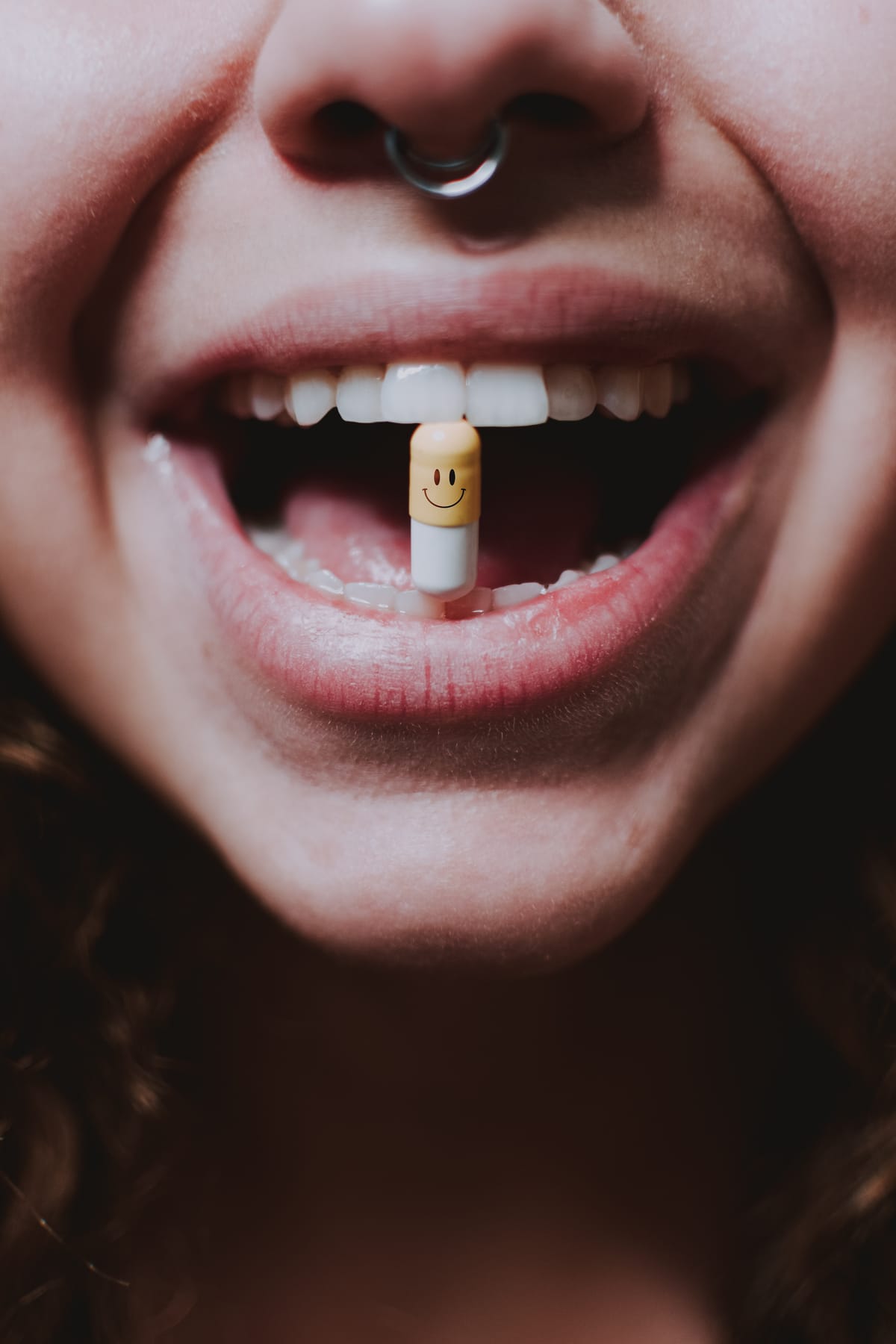Don't Let Undeserved Pleasure Dictate Your Life
Comment writer Runtian Wu shares his thoughts on the pursuit of pleasure.

Recently, the US has come up with a novel idea to tackle the worsening drug addiction crisis —the so-called "harm-reduction policy", which basically gives drug addicts weakened drugs to help avoid diseases such as HIV spreading and potentially reduce their intake of drugs. Plausible as it may sound, the policy reflects a messy world that people often overlook. Situations in other countries are no better. Spain's parliament is debating legalising drugs for recreational use, and, merely two weeks ago, Luxemburg followed Canada's footsteps to legalise certain drugs. Even in the UK, there are growing voices that advocate for the commercial potential of drugs.
...drugs, which were previously deemed by imperialists as weapons to paralyse a nation, are now approved by governments to satisfy "human's nature"
There is something that can give people enormous pleasure that is otherwise hard to gain. This "natural pleasure" is produced when our nervous system perceives happy things such as accomplishments and releases "happy hormones" like dopamine. However, the so-called "quick pleasure" is attained by having drug molecules imitate neurotransmitters such as dopamine and bind to the receptors to generate pleasure, which may eventually cause the degeneration of the receptors and cerebral atrophy. Despite the dangers of fatal organ failure, loss of consciousness, and poverty, people pursue drugs for sound reasons—as some may argue the individual’s divine right of "Life, Liberty and the pursuit of Happiness" shown in the United States Declaration of Independence. However, the “happiness” brought by drugs is fundamentally different from the happiness defined by the Declaration. This kind of “happiness”, which I would call “undeserved pleasure”, gives temporary relief from reality with harmful outcomes and is attained by somehow “cheating the brain”. This kind of “happiness” comes with consequences.
Not many people nowadays are deeply aware of how mass destruction can be caused by drugs. Back in the 18th Century, to reverse the Chinese trade surplus, the East India Company found an ingenious solution—to sell opium and smuggle it into China. Not only did this plan successfully bring the British Empire millions of tons of silver at the minor cost of growing opium, but it seriously impoverished the Chinese population and directly led to the bankruptcy of the society. Thousands of people, be they plebeians or nobles, squandered all their money, energy, and time on drugs. As a poem in the 18th Century goes:
The smoke pipe is a blunderbuss
Inflict upon yourself and injure yourself
How many heroes, however powerful or wise,
Are forever trapped in the grave of drugs
(Translated by the author from the 18th Century Chinese doggerel)
Sarcastically, drugs, which were previously deemed by imperialists as weapons to paralyse a nation, are now approved by governments to satisfy "human's nature". Drug abuse is becoming such a trend that even in places around our college, there come reports of various kinds of spiking that highly alarm the officials.
However, it may be easier for people to refuse physical drugs than "mental drugs". Compared with those we happily played on Nokia phones, such as Gluttonous Snake, digital games nowadays often require huge time and even financial commitment. The Sims, for example, often causes players to devote days or even months to immerse themselves in the "digital reality" and live a life that is not true. And even light games such as Angry Birds 2 appeal to those who devote a great amount of time in exchange for some “virtual money”.
Fortunately, unlike drugs such as opium that will have you both mentally and physically addicted, whether you’re addicted to digital games (or not in most cases) depends on yourself. Not all digital games are "mental drugs", and even games like The Sims may not be if you take control. It should be fine to play some games for entertainment, but do not let them dictate your life.
Instead, the main pleasure we should look for is "deserved pleasure", which I define as the pleasure that can bring benefits to yourself or those around you as you try to achieve it. There are so many examples to say. Reading a book, watching a meaningful movie with friends and families, and going mountain climbing are all worthwhile things to spend time on.
But there is even a deeper question to think about: should we regard our life as merely a process to pursue pleasure? In other words, should we choose to suffer? Last week, there was an article named Why We Choose to Suffer in the Wall Street Journal, in which the author cited a piece of research in 2019 that found some interesting correlations. Just as it said, "In a study published in the Journal of Positive Psychology in 2019, Sean C. Murphy and Brock Bastian asked people to think back on their most significant experiences, to describe each one in a paragraph and to rank them for how meaningful they were. Participants were also asked to indicate the extent to which the experiences were pleasurable or painful. It turned out that the most meaningful events tended to be on the extremes—those that were very pleasant or very painful. These are the ones that matter, that leave a mark." There are people around us that choose to study hard not for pleasure, and there are people around us that hope to be a soldier and go to wars not for pleasure.
Perhaps in reality, what we are really seeking in the long term is not pleasure but a meaningful life.









